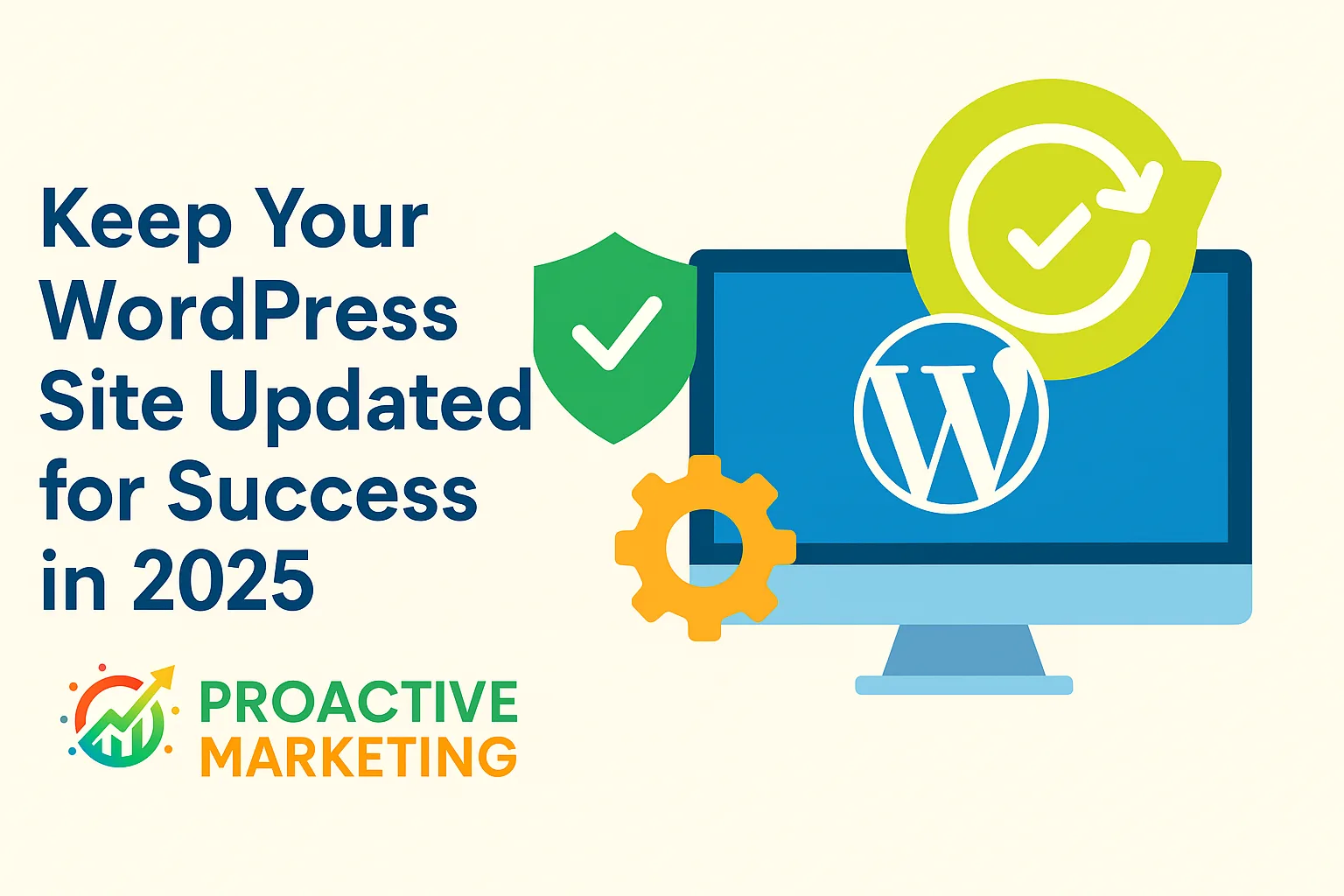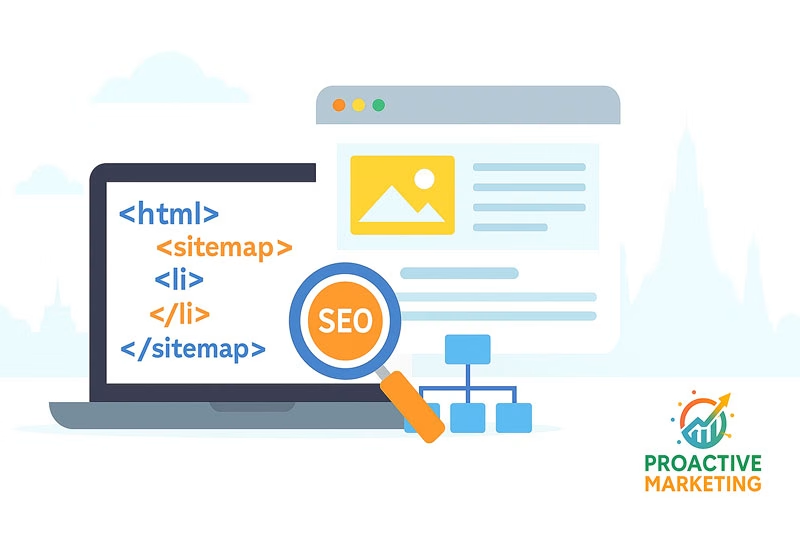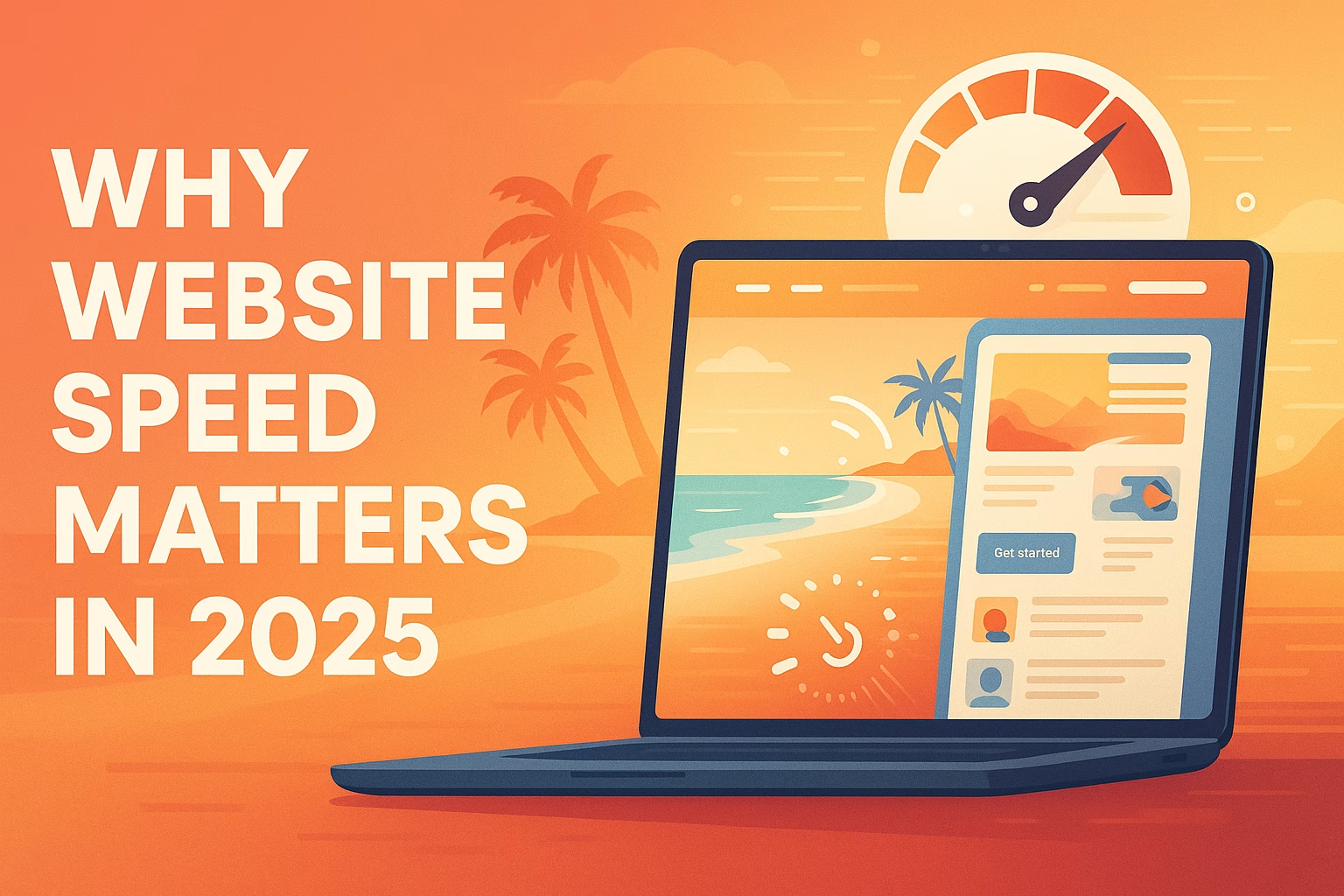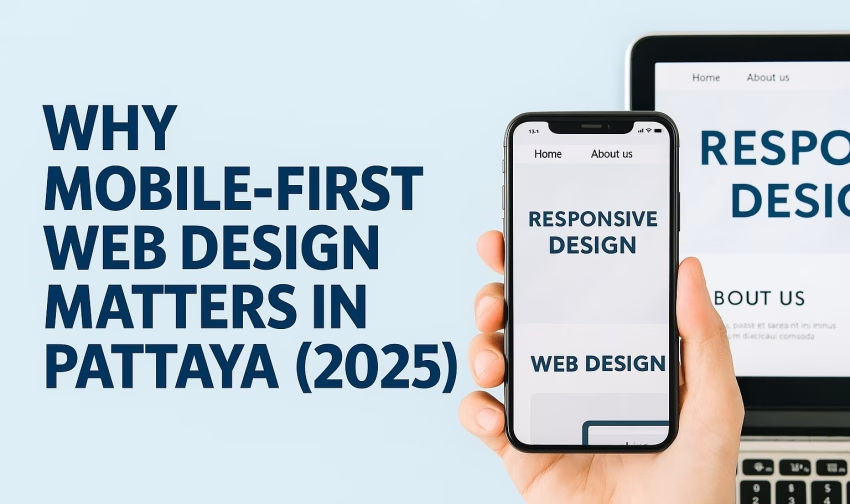
Web Design Pattaya 2025: Trends, Costs & Best Practices
Introduction The digital world never stops evolving — and neither should your website. In 2025, web design in Pattaya is all about speed, intelligence, and experience. Whether you’re a local café, property agency, or e-commerce business, your website must impress





